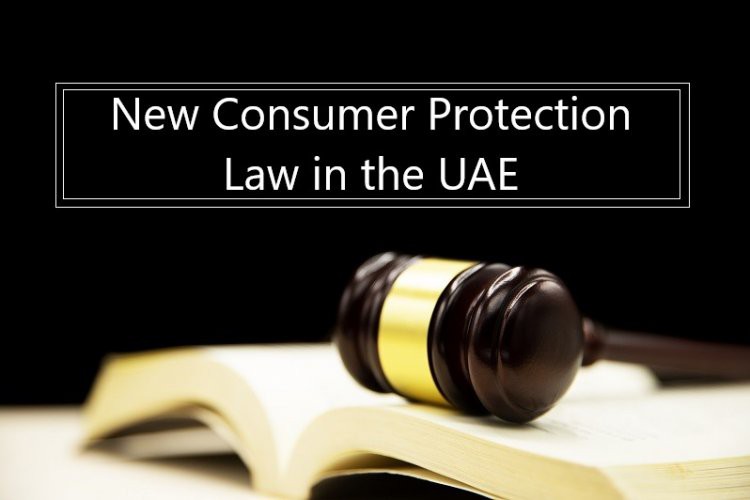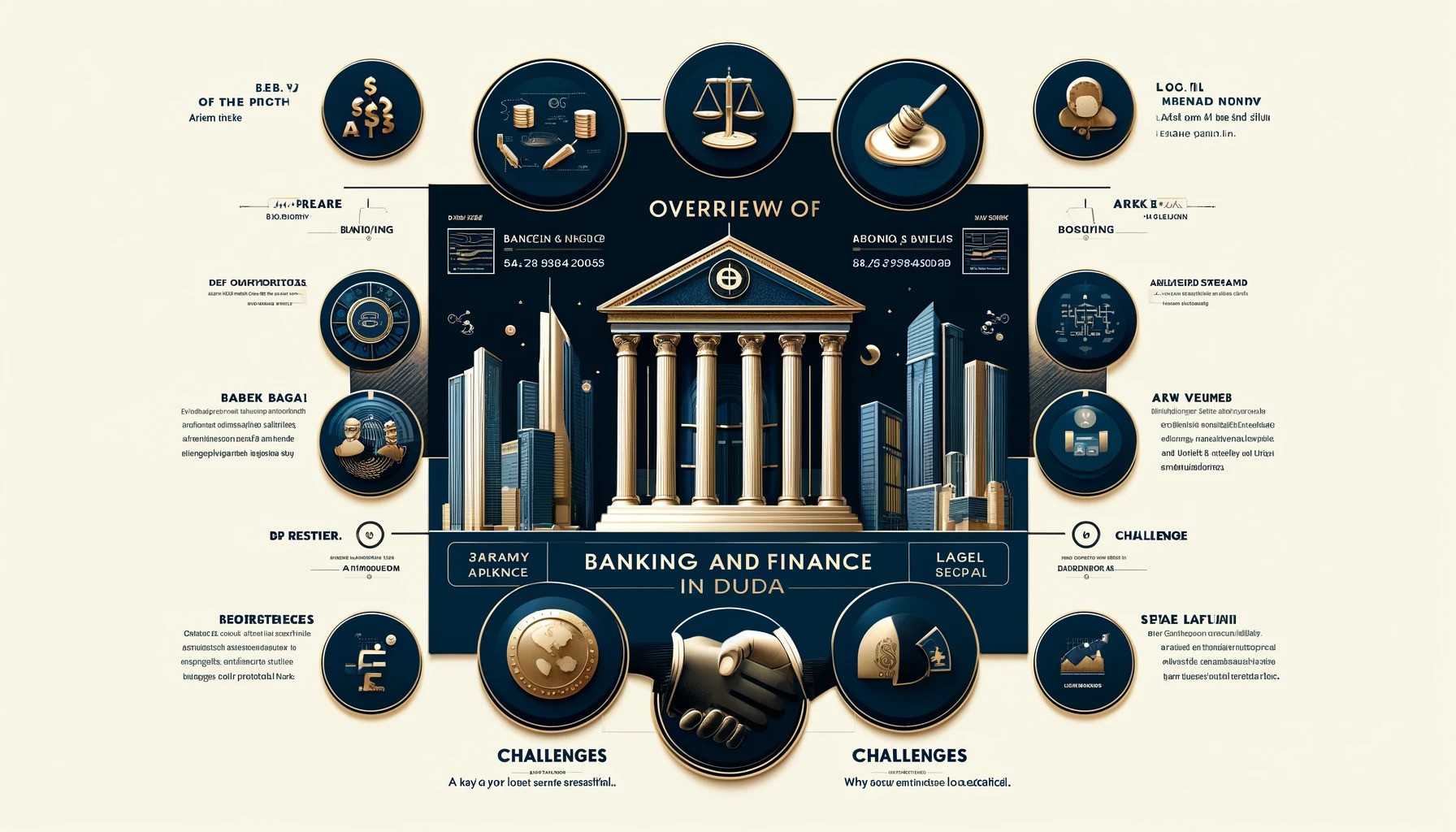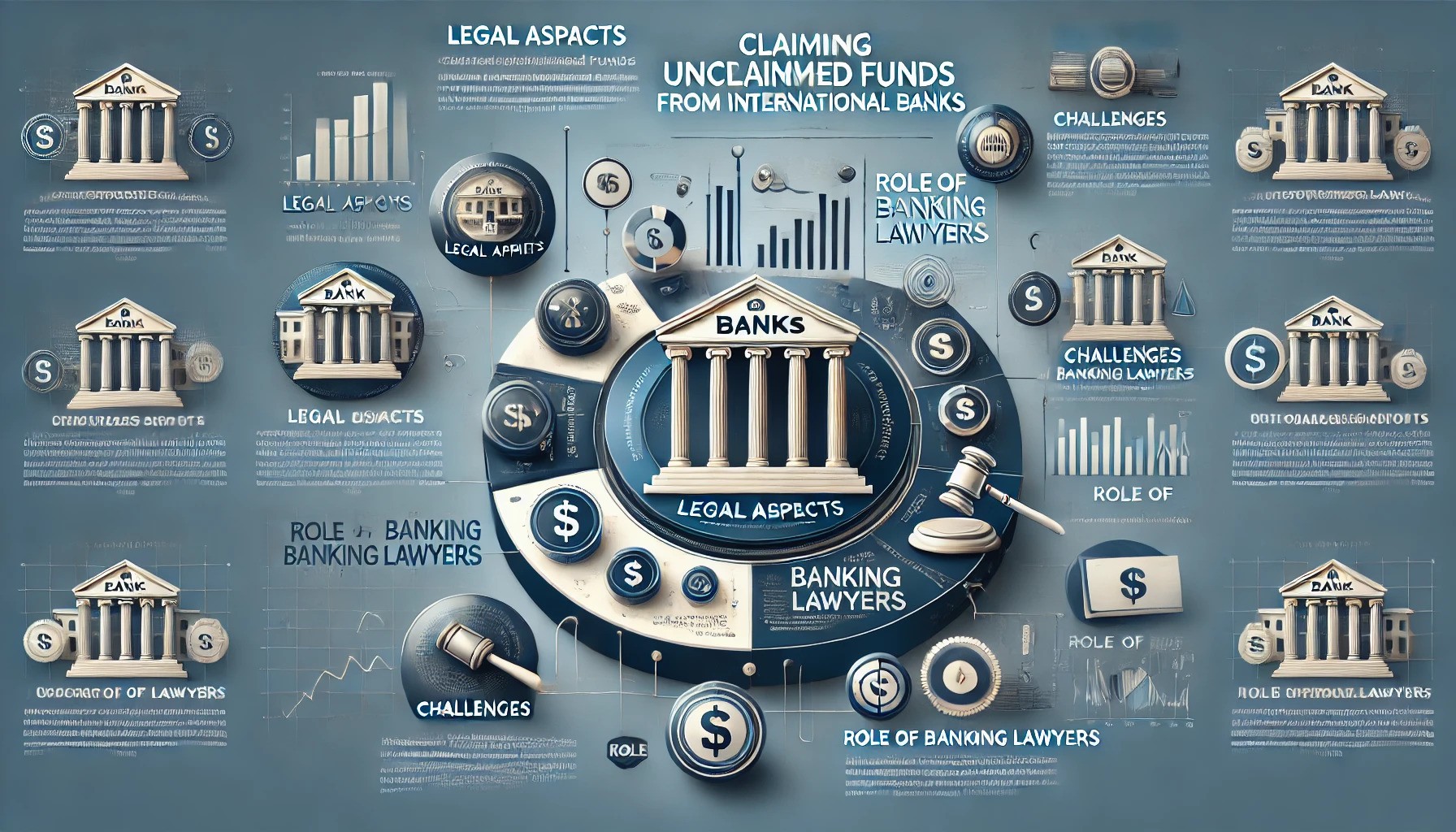Understanding the UAE's Anti-Money Laundering (AML) legislation entails understanding the entire structure intended to prevent the financial system from being used for criminal purposes. These policies are consistent with international norms and aim to ensure that financial institutions, including those in Dubai, make strong efforts to detect, prevent, and report money laundering and terrorism funding activities. Here's a detailed look at the important features of the UAE's AML regulations:

Legal Framework
- Federal Decree-Law No. 20 of 2018 on Anti-Money Laundering and Combating the Financing of Terrorism (AML/CFT Law)
- This law is the cornerstone of the UAE's AML framework. It outlines the obligations of financial institutions and other regulated entities to prevent money laundering and terrorism financing.
- The law mandates stringent KYC (Know Your Customer) and CDD (Customer Due Diligence) procedures, suspicious transaction reporting, record-keeping, and internal controls.
- Cabinet Decision No. 10 of 2019
- This decision issued implementing regulations for the AML/CFT Law, providing detailed guidelines on compliance requirements, risk assessment, and reporting obligations.
- The Executive Office of Anti-Money Laundering and Counter-Terrorism Financing
- Established to oversee the implementation and enforcement of AML regulations, ensuring coordination among various regulatory bodies and enhancing the effectiveness of AML measures.
Key Components of AML Regulations
- Customer Due Diligence (CDD)
- Financial institutions must identify and verify the identity of their customers and beneficial owners before establishing a business relationship or conducting transactions.
- Enhanced Due Diligence (EDD) is required for high-risk customers, such as politically exposed persons (PEPs) and those from high-risk jurisdictions.
- Know Your Customer (KYC)
- Comprehensive KYC procedures are essential for understanding the nature and purpose of customer relationships and assessing the associated risks.
- Regular updates and reviews of customer information are required to ensure accuracy and relevance.
- Suspicious Transaction Reporting (STR)
- Financial institutions must report any suspicious transactions or activities to the Financial Intelligence Unit (FIU) without delay.
- The FIU analyzes these reports and coordinates with law enforcement agencies for further investigation and action.
- Record-Keeping
- Financial institutions are required to maintain records of all transactions, customer identification data, and due diligence information for at least five years.
- These records must be readily accessible to regulatory authorities and law enforcement agencies upon request.
- Internal Controls and Compliance Programs
- Institutions must establish strong internal controls, policies, and procedures to ensure compliance with AML regulations.
- Designation of a compliance officer responsible for overseeing the implementation of AML policies and reporting to senior management and regulatory authorities.
- Risk Assessment
- Regular risk assessments are mandatory to identify, assess, and mitigate potential money laundering and terrorism financing risks.
- Institutions must implement a risk-based approach to prioritize resources and efforts based on identified risks.
- Training and Awareness
- Ongoing training programs for employees are essential to ensure awareness of AML regulations, red flags, and reporting procedures.
- Regular updates on regulatory changes and emerging risks help maintain compliance and enhance vigilance.
Enforcement and Penalties
- Regulatory Oversight
- The Central Bank of the UAE (CBUAE), the Securities and Commodities Authority (SCA), and the Dubai Financial Services Authority (DFSA) are among the key regulators overseeing AML compliance.
- These regulators conduct regular audits, inspections, and assessments to ensure institutions adhere to AML requirements.
- Penalties for Non-Compliance
- Institutions found in violation of AML regulations may face severe penalties, including fines, license suspensions, and criminal prosecution.
- Individual accountability is emphasized, with directors, officers, and employees potentially facing legal consequences for non-compliance.
International Alignment
- Financial Action Task Force (FATF) Compliance
- The UAE’s AML framework aligns with the FATF recommendations, the global standard for combating money laundering and terrorism financing.
- Regular mutual evaluations by the FATF assess the UAE’s compliance and effectiveness in implementing AML measures.
- Global Cooperation
- The UAE actively collaborates with international organizations, foreign governments, and financial institutions to enhance AML efforts.
- Information sharing and joint initiatives aim to combat cross-border money laundering and terrorism financing activities.
Conclusion
The UAE's Anti-Money Laundering (AML) legislation establishes a comprehensive framework for protecting the financial system against money laundering and terrorist financing. With the existing regulatory framework, critical components for effective AML compliance include Customer Due Diligence (CDD), Know Your Customer (KYC) procedures, Suspicious Transaction Reporting (STR), and record-keeping and internal control rules. The enforcement and consequences for noncompliance highlight the importance of following these standards, emphasizing individual accountability and regulatory control. The UAE's adherence to international norms, such as the Financial Action Task Force (FATF) recommendations, and global collaboration reflect a commitment to combating money laundering and terrorism financing on a global scale.Banking lawyers in Dubaimust have a solid awareness of these AML requirements and take a proactive approach to applying them to ensure compliance and reduce potential risks.















